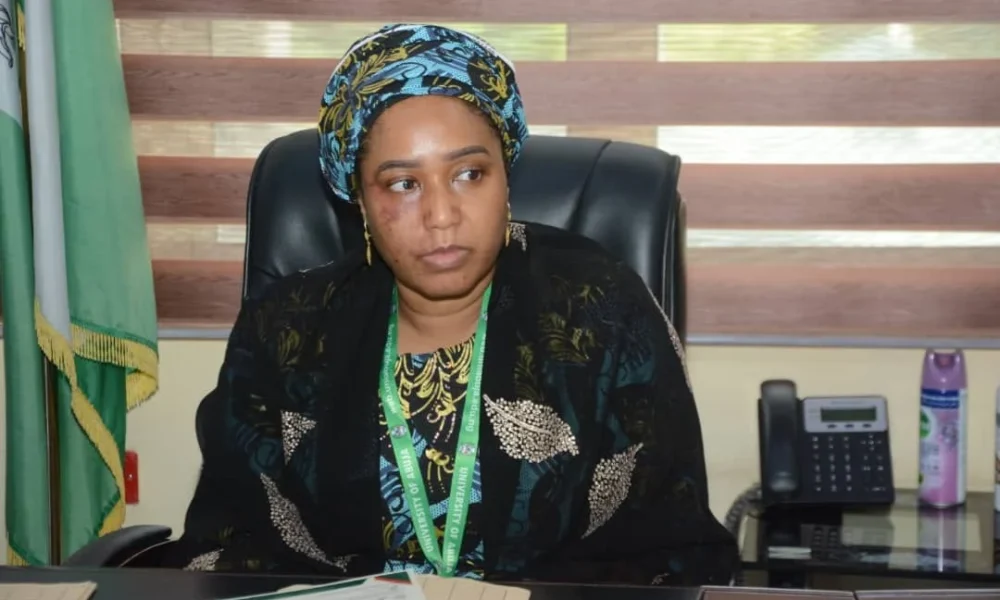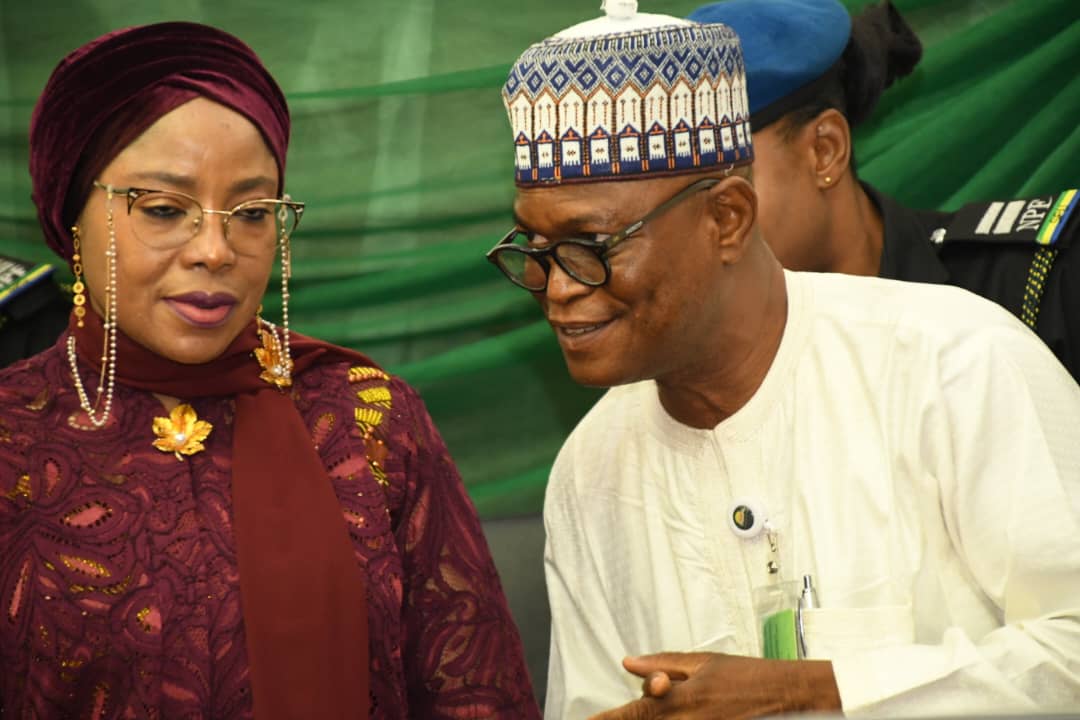In a bold move that has sent shockwaves through Nigeria’s academic circles, President Bola Tinubu has sacked Aisha Maikudi as Vice-Chancellor of the University of Abuja—recently renamed Yakubu Gowon University—and dissolved the institution’s governing council. This sweeping decision is part of a larger shake-up targeting several federal universities, signaling Tinubu’s intent to overhaul leadership in Nigeria’s higher education sector.
The announcement, delivered by Bayo Onanuga, Special Adviser to the President on Information and Strategy, comes on the heels of a storm of controversies surrounding Maikudi’s appointment and growing unrest within academic ranks over allegations of favoritism and flawed selection processes.
Maikudi, who officially took office as Vice-Chancellor on January 1, 2025, after serving as acting VC from July 2024, faced immediate scrutiny. Her appointment, greenlit by a governing council chaired by Retired Air Vice-Marshal Saddiq Ismaila Kaita, was marred by allegations of manipulation and disregard for due process.
In December 2024, a coalition of professors filed a formal protest with the Federal Ministry of Education, accusing the council of rejecting over 87 qualified candidates to fast-track Maikudi’s appointment.
The petition pointed out that Maikudi had only two years of professorial experience, falling far short of the ten-year minimum requirement for the role. Critics argued that this was a deliberate attempt to sidestep the established criteria and favor the then-acting VC.
Adding fuel to the fire, the professors claimed that the council itself was improperly constituted, with members allegedly handpicked by the previous Vice-Chancellor to secure a predetermined outcome.
The University of Abuja isn’t the only institution to feel the heat of Tinubu’s academic house-cleaning. Leadership changes were also announced in several other federal universities:
Lanre Tejuoso, previously Pro-Chancellor of the University of Agriculture, Makurdi, has been reassigned to Yakubu Gowon University.
Joy Emordi, now Pro-Chancellor of Alvan Ikoku University of Education, will replace Tejuoso in Makurdi.
At the University of Nigeria, Nsukka (UNN), Polycarp Emeka Chigbu was removed from his post as acting VC ahead of his term’s expiration on February 14. Oguejiofu Ujam has been appointed as his interim replacement for a six-month term, with a stipulation barring him from applying for the permanent role.
UNN also saw a reshuffle in its pro-chancellorship, with Ike Nwachukwu reassigned to the University of Uyo. Olubunmi Kayode Ojo, who previously served as Pro-Chancellor at the Federal University, Lokoja and Federal University, Oye-Ekiti, will now lead the UNN council.
While the presidency insists these leadership changes are part of a broader strategy to revitalize Nigeria’s higher education system, critics argue the moves could signal a dangerous precedent of executive overreach into academia.
“These sweeping changes are essential to restoring integrity and accountability in our universities,” said a source within the Federal Ministry of Education. “But there’s also a fine line between reform and interference.”

Proponents of the shake-up argue that it’s a long-overdue correction of entrenched corruption and favoritism, while skeptics worry that such top-down decisions could undermine university autonomy and invite political influence into academic governance.
With Maikudi out, Lar Patricia Manko has been appointed as the acting VC of Yakubu Gowon University for a six-month term. Like other interim appointees, Manko will be ineligible to contest for the substantive VC role when the selection process reopens.
The presidency has promised a transparent and merit-based process in the search for a new Vice-Chancellor, adhering strictly to the criteria that were allegedly bypassed in Maikudi’s controversial appointment.
This sweeping leadership overhaul represents one of the most dramatic interventions in Nigeria’s academic landscape in recent history. Whether these changes will lead to genuine reforms or further entrench political influence in university administration remains to be seen.
One thing is certain: the eyes of the nation—and the academic world—are now firmly fixed on the corridors of Yakubu Gowon University and beyond.



